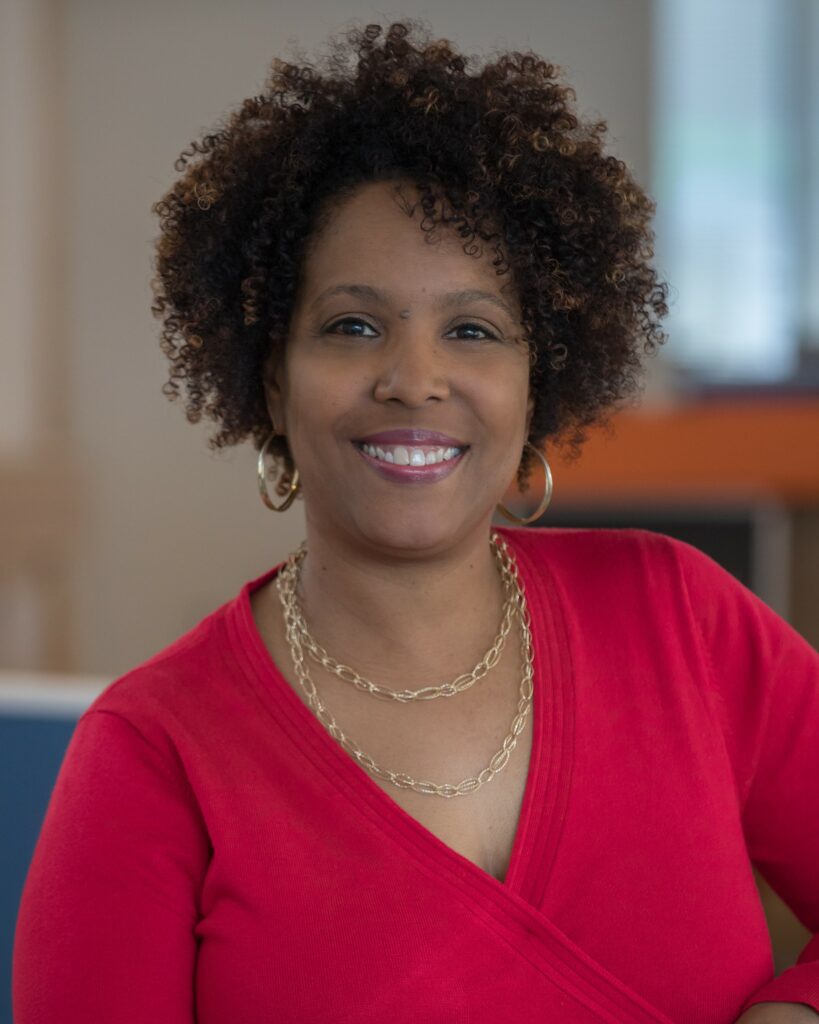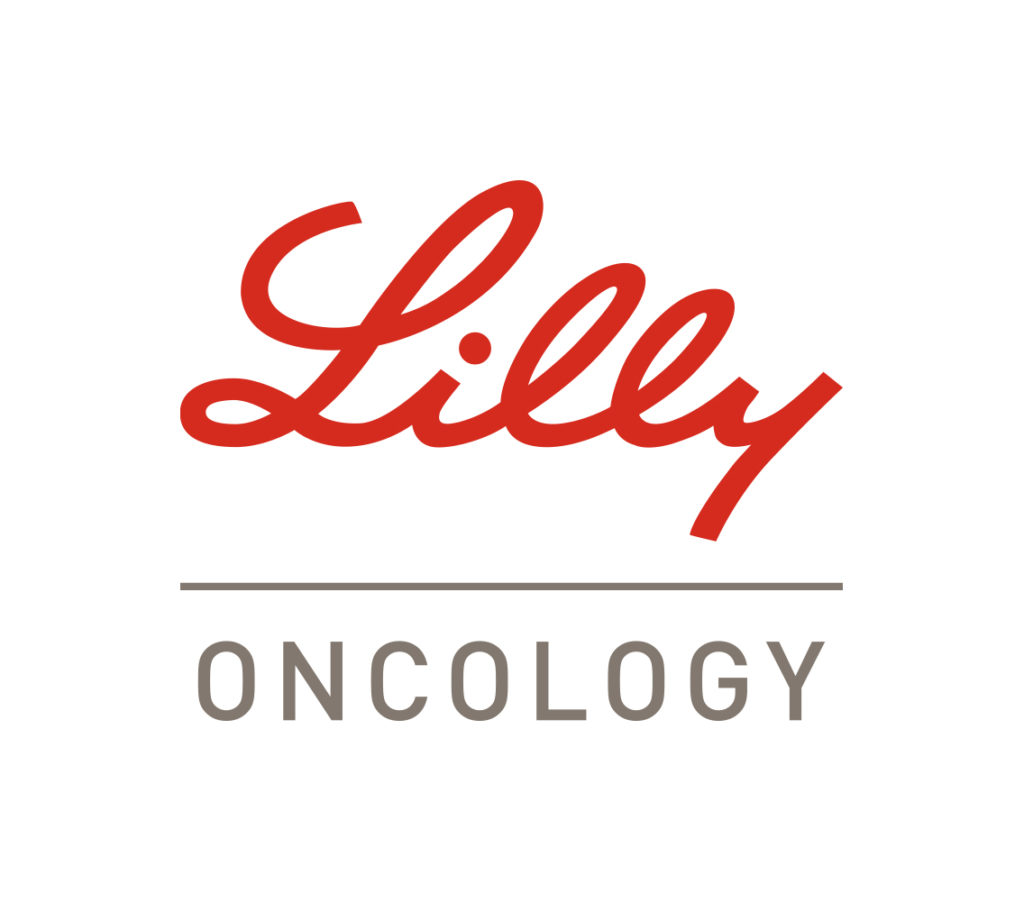Dr. Kim Johnson, Senior Director, African American Health Equity Initiative at Susan G. Komen, joins us in a two-part conversation about health equity and how we can address health disparities in our communities.
Meet Dr. Johnson

Dr. Kim M. Johnson is the Senior Director of the African American Health Equity Initiative at Susan G. Komen. The goal of the Initiative is to reduce disparities in breast cancer outcomes within the African-American community by 25%, starting in the 10 U.S. cities where the inequities are greatest, including Memphis, St. Louis, Atlanta, Chicago, Houston, Washington, D.C., VA Beach, Los Angeles, Philadelphia, and Dallas-Fort Worth.
Dr. Johnson brings more than 20 years of experience directing national health equity programs to improve the capacity of healthcare providers and community-based organizations to provide culturally competent prevention and treatment services and to improve health outcomes for communities of color. Prior to joining Komen, Dr. Johnson served as the Principal Investigator and Director at the National Minority AIDS Council (NMAC) where she led capacity building programs to improve health equity within communities of color nationwide. She has dedicated her career in healthcare and public health to effectively improve health outcomes of persons disproportionately impacted by disease by working to improve access to care and quality of care.
Since earning her bachelor’s degree from the University of Virginia and doctorate degree from the Medical College of VA School of Medicine, Dr. Johnson completed a Family Medicine residency at the Pitt County Memorial Hospital in Greenville, NC where she specialized in minority health and women’s health. She has served as a healthcare consultant to several agencies within the US Department of Health and Human Services where she is recognized for developing high quality, evidence-based public health programs targeting communities of color and resource constrained populations.
Transcript
This episode of Real Pink is sponsored by Eli Lilly and Merck as part of National Breast Cancer Awareness month.
Adam (00:03):
From Susan G Komen, this is Real Pink, a podcast exploring real stories, struggles, and triumphs related to breast cancer. We’re taking the conversation from the doctor’s office to your living room, Dr. Kim Johnson, senior director, African American health equity initiative at Susan G Komen joins us in a two-part conversation about health equity and how we can address health disparities in our communities. In the first episode, Dr. Johnson helps us understand what health equity and health disparities are and how they have been highlighted during the COVID-19 pandemic in the United States. She shares how this impacts breast cancer patients across to treatment and case Dr. Johnson, welcome to the show.
Dr. Johnson (00:46):
Oh, thank you, Adam. It’s a pleasure to be here.
Adam (00:48):
Well, I’m excited to have these, these two very important conversations with you. So happy to have you on real pink. Start off with you, just telling us a little bit about yourself and the work you do at Komen.
Dr. Johnson (01:01):
Well, thanks man. Thanks for having me. And I’m excited to do this podcast with you and I have been in healthcare and public health for most of my career. And most of the work I have done have has centered around a racial health equity. It’s an important topic to me as a person of color living in this country. Most recently, prior to my joining Komen, I was at the national minority AIDS council where I served as their principal investigator and was leading health equity initiatives for African Americans with regard to HIV. So my background in this topic is long and across a few diseases. And at Coleman, as you said in the introduction, I’m the senior director of the African American health equity initiative, which is a national initiative that aims to decrease breast cancer disparities by 25% in African-Americans starting in the United States, metropolitan areas where those disparities are the greatest. So the work we’re doing while national in scope and in need is focusing in on 10 cities that are really kind of have the worst disparities in terms of the African American community. As we look at breast cancer. So we’re working and looking at cities, such as Memphis st. Louis, Atlanta, and Chicago. We’re in the state of Texas, both in Houston and the Dallas Fort worth area in Washington, DC, where I’m located just outside of Northern Virginia, as well as in Virginia Beach, Virginia, Los Angeles, California, and Philadelphia.
Adam (02:38):
Wow. Wow. That’s quite the, quite the footprint, quite the reach. That’s fantastic. So related to health equity, it’s been at the top of a lot of people’s minds during the COVID-19 pandemic. So let’s just, let’s start from the beginning. Can you help us define what is health equity and what are health disparities?
Dr. Johnson (02:56):
Sure. And I think terms and naming things is very important and having a sort of a common language and a common understanding of what these terms mean is really critical to actually being able to address them. So does the word disparity or the term disparity really just means different health disparities are disproportionate differences in the presence of disease, things like health outcome and access to care of one group relative to another. So there are differences in equities though, or actually a little deeper inequities or differences that are actually preventable. They’re avoidable, and they’re typically unjust. So health and equities are differences in health that are not only unnecessary, but there are differences in health that are avoidable, but also considered unfair and unjust. And they’re typically rooted in social injustices that make one population or some populations, more vulnerable to poor health outcomes than other populations.
Dr. Johnson (04:06):
So health equity across the board would really mean that people have a fair and adjust opportunity to be as healthy as possible. But this really requires at a removing barriers in society or addressing barriers in society such as poverty discrimination and the consequences that really leave populations powerless, and have leaving them without access to good jobs, without access to good food, clean water, without access or limited access to quality education, housing, safe environment. And of course from my background without access to quality healthcare. So we look at health disparities and we track them. And those are the measurements we use to measure whether we, how far along we are in terms of achieving health equity. Wow.
Adam (04:59):
That’s fantastic. Thank you for that. That’s actually, it’s very helpful to sort of frame our thinking for this and for, for more conversations down the road. So so why has COVID-19 disproportionately affected the black community and how does this tie into the breast cancer disparities that we see are there similarities between the two,
Dr. Johnson (05:19):
Surprisingly, there are similarities. And so for many who work in racial health equity, it’s definitely seen as you Moe, and maybe our audience nurses that breast cancer disparities in the black community has really been a longstanding issue. Historically it’s health disparities have been a longstanding issue in this country across diseases. It includes not only breast cancer, but things like diabetes, heart disease, and HIV, like I mentioned before. So breast cancer is the second leading cause of death for black women in this country. And on average, as African Americans, we’re more than 40% more likely to die of breast cancer than white women knows that later stages with more aggressive forms of cancer. And many times when treatments are limited costly, and the prognosis is poor. So the way I want to frame this is that in terms of health disparities or in terms of these health differences, race in place matters.
Dr. Johnson (06:21):
And that’s what this pan, as well as other diseases has shown us is that data shows that in certain areas of the United States, there are higher rates of disparities than there are in other rates, for instance, in our target cities. And in one of our target cities, blacks, black women in one of our cities are as high as 74% more likely to die of breast cancer than white women. So unfortunately the battle we’re fighting is that where you live may in fact determine whether you live. It’s the same thing. When we look at COVID and we look at this pandemic, this pandemic has disproportionally hit the black community, and unfortunately decades of disparities are on full display. As we look at this pandemic, not all States in our country actually track data for COVID-19 by race, but in those States that do African-Americans account for more than 40% on average of covert related deaths.
Dr. Johnson (07:30):
But in this country, we, as blacks only represent 13% of the total population, huge disparities. And what we’re also seeing is that, and not surprisingly COVID is being more impactful in terms of rates of death and mortality in cities that are very similar to the cities that we’re targeting at least seven of our cities in our African American health equity initiative account for more than 60% of the deaths from COVID. So it’s not a surprise for those of us who work in this field, but what it is is telling us a lot of stories underneath. And there are a lot of reasons why these things are happening in these places.
Adam (08:15):
Wow. So dr. Johnson, I mean, those, those numbers are staggering and it brings up, you know, frankly, just so many questions and, and there’s so many things I want to talk to you about, but this is a two part series. And so I’ll ask those questions to you in next week’s episode. So in the meantime, do you have any final thoughts you’d like to share with us related to these questions and then we’ll get to next week.
Dr. Johnson (08:39):
I know, I will say again, thank you for having me. I really want to emphasize to our audience too. It’s not just about the numbers. The numbers represent people and represent fives. We’re committed here at Coleman to really addressing these racial that exist in breast cancer. And thereby if we address those in those cities that we’re targeting through the African American health equity initiative, some of the things that we’ll work on well in hope will impact things like COBIT as well as we’ll talk about in the next episode, kind of some of the things like social determinants of health and the role that they play, you’ll begin to see how addressing a lot of these issues for one disease, hopefully then impacts the outcomes and lives of Americans of color, and especially the black community as it relates to other diseases. It’s been a pleasure to join you for this first segment is first episode of the pink podcast. Wow.
Adam (09:36):
Thank you so much Dr. Johnson, and we’ll talk again next week.
Dr. Johnson (09:40):
Okay. Thank you.
Sponsors

The More for MBC Facebook page is a Lilly-owned page that aims to provide people living with metastatic breast cancer a platform to engage.

Merck invents for life – our mission is to deliver innovations that extend and improve the lives of people with cancer.
